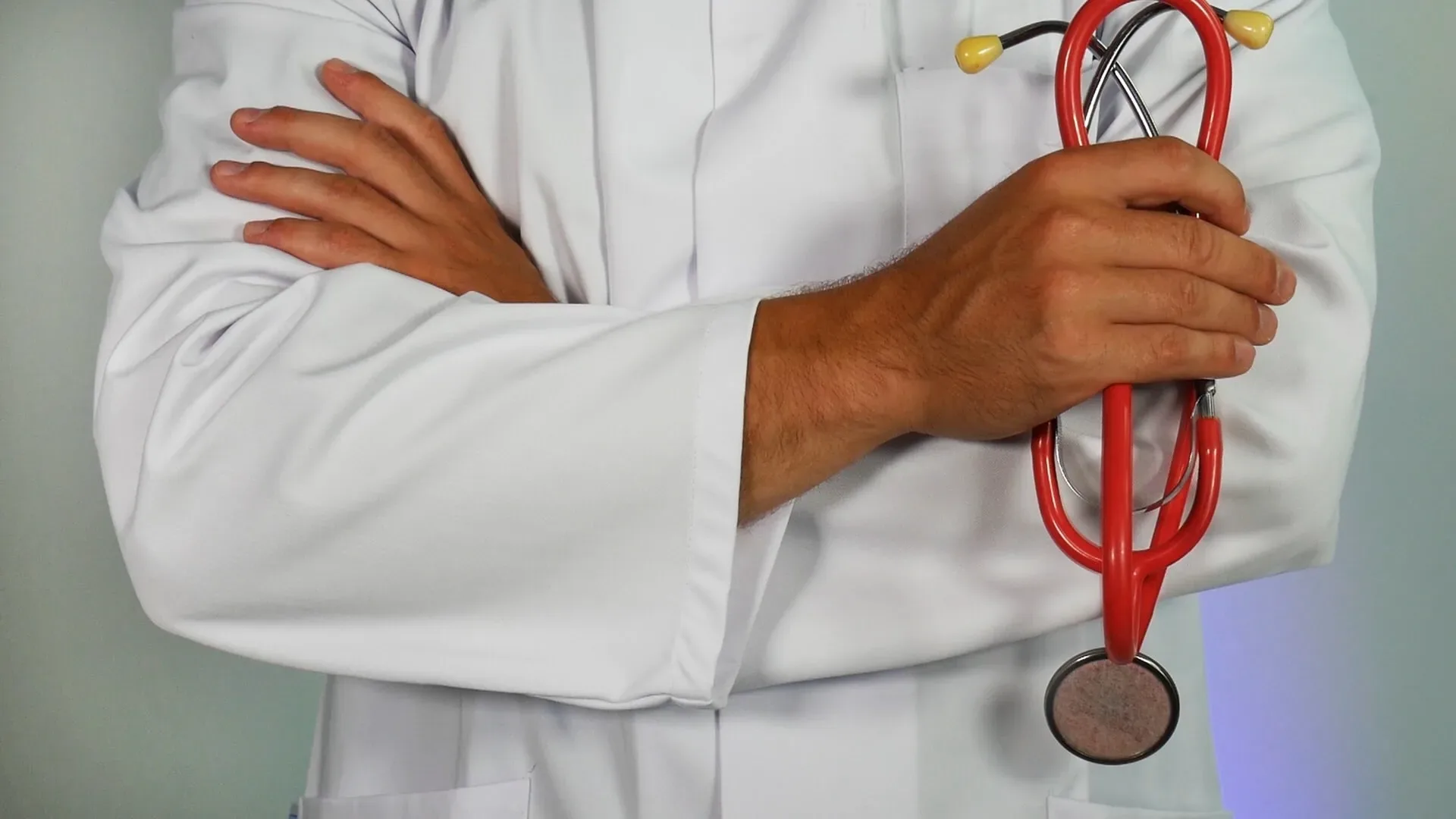We’re in the digital age, and technology has changed how we do things. Even the healthcare industry hasn’t been left behind. With more and more people turning to mobile devices to perform various activities, it’s no wonder that the healthcare industry is also putting its foot forward.
Physicians, caregivers, and nurses are now using tablets when carrying out their duties in clinics and hospitals. In this post, we shall look at how to choose medical carts and how they can benefit your clinic. Let’s start:
Benefits of Medical Carts in Clinics
| Efficient medication dispensation | Convenient storage and transportation of supplies |
| Easy documentation of medical history | Mobile workstation for healthcare professionals |
| Enhanced patient and hospital safety | Improved workflow and efficiency |
| Support for technology integration | Prompt response to emergencies |
| Organization and optimization of medical tasks | Adherence to medical standards and protocols |
Table of Contents
Choosing the right medical cart for your clinic
A medical cart is among the most common equipment in hospitals and healthcare units. In fact, you’ll hardly come across a well-established hospital without medical carts. Initially designed to offer for control and management purposes, medical carts are now used for other medical purposes. Many things make medical carts invaluable tools in the healthcare sector, including:
- Allows for a quick and efficient dispensation of medication
- Allows for easy documentation of patients’ medical history
- Enhances patient safety and safety in the hospitals
Many factors will need to be considered when buying the right medical cart for your facility, including:
1. Ergonomics
Before you buy any medical cart, it’s essential to ensure that the overall quality and design are put into consideration. Since one cart will be used by more than one staff during the day, it is vital to consider its adjustability. Your team will have varying heights, and as such, a cart with excellent adjustment options will come in handy.
Apart from considering the ergonomics, you may also want to choose carts with tilting keyboards as well. This way, each hospital staff can make the most out of the medical cart.
2. Security features
Security should be among your top priorities if you deal with massive foot traffic in your clinic daily. Since medical carts are used with computing equipment such as tablets, they can easily be a target for thieves.
Financial perspective aside, losing this equipment can lead to the loss of patient information stored in these devices. You can avoid this by ensuring that your medical carts have security features that can help prevent theft.
3. Mobility
Your hospital might, from time to time, want to transport sensitive medical equipment and other supplies. A medical cart is an excellent tool to move medical equipment and supplies within the hospital. Medical carts are designed to help medical staff transport the required equipment and respond to emergencies appropriately.
4. Rechargeable batteries
If you work in demanding fields, you’ll also want a medical cart with a rechargeable battery. Ideally, you’ll need a cart with a rechargeable battery for both in-house and on-field settings. This way, your medical staff can continue attending to patients without power interruptions. Even 30 minutes of power back can mean the difference between death and saving lives in a medical setup.
5. Adherence to medical standards
Not all devices can be used for medical purposes, and medical carts are not different. When choosing medical carts, ensure that they can conform to medical standards. Ideally, carts used in an emergency care setting should conform to international medical standards.
Benefits of medical cart tablets
With increased demand in the healthcare sector, it’s essential to derive ways and devices to help your medical staff in their work. Medical tablets can help streamline operations in your facility, leading to improved patient care. Here’s what to keep in mind when choosing the best medical tablets for your facility:
1. Readability
Screen readability is a critical component of a medical tablet. Ensure that your medical tablet comes with a larger screen that allows medical staff to see and review images and data on the screen.
2. Flexibility
Apart from being lightweight and high quality, your medical tablet must also be flexible. Among other things, your medical tablet should be easy to handle when not on the cart. This way, it can be passed from one medical staff to another and even to the patient (if need be).
3. Long battery life
In order to minimize the amount of time that nurses have to charge tablet batteries, it’s essential to ensure that your medical tablet comes with hot-swappable batteries. This way, nurses and other medical staff can attend to patients quickly without interruptions.
These are some ways to use medical carts in a medical setup. Whether you’re registering the patient or administering medication to a patient’s bedside, a medical cart will come in handy. Moreover, medical cart tablets allow medical staff to perform their tasks quickly and efficiently.
FAQs:
What are medical carts called?
Medical carts are commonly referred to as “medical carts” or “medical trolleys.
What is a medical cart used for?
A medical cart stores and transports medical supplies, equipment, and medications within healthcare facilities.
What is a hospital cart called?
A hospital cart is commonly referred to as a medical cart or a hospital trolley.
Are medical carts FDA-approved?
No, medical carts themselves are not FDA approved. The FDA (U.S. Food and Drug Administration) typically approves medical devices or equipment that are used for diagnosis, treatment, or prevention of a disease or medical condition. However, medical carts may be used to transport FDA-approved medical devices or equipment within healthcare facilities.





Share Your Thoughts